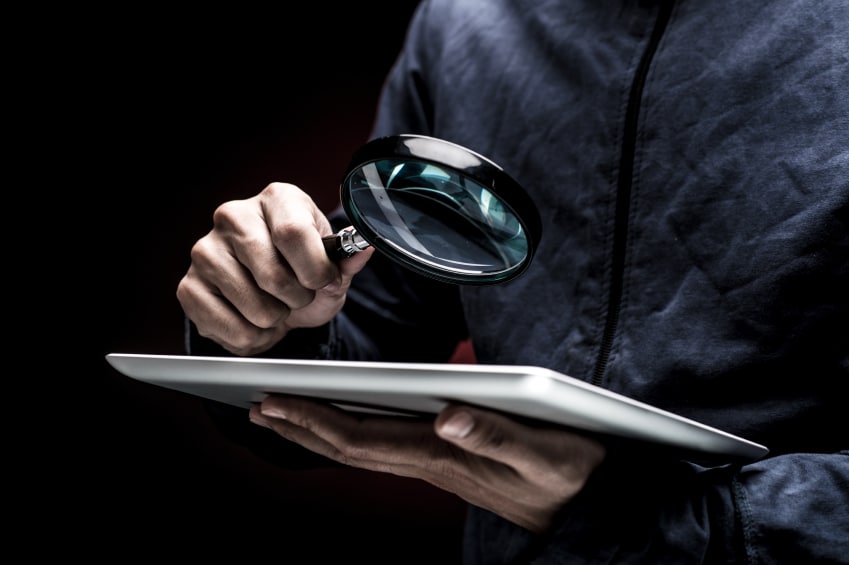Article 86 of the Code of Criminal Procedure provides an opportunity for a lawyer to collect evidence in order to effectively defend a suspect or accused of committing a criminal offense. In accordance with this norm of the law, it could be concluded that the defense counsel had acquired really great powers and could collect evidence on a par with the bodies of the preliminary investigation. However, this is not entirely true. After all, it can be quite difficult to empower a defender with the right to collect evidence of the innocence of a client and realize this in practice.
Introduction
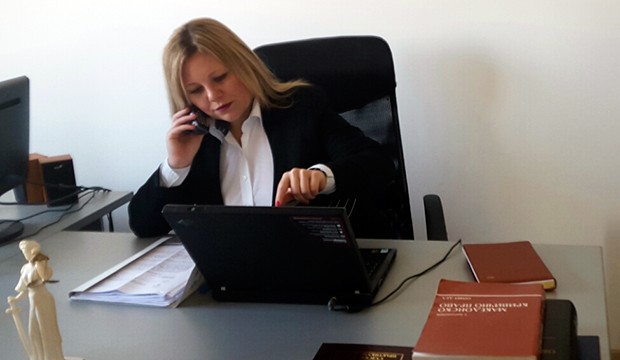
A special role in the criminal process is assigned to the defender of the accused or suspect. After all, a lawyer must compare all circumstances in such a way as to completely destroy the version of the prosecution in court. Nevertheless, it cannot be said that the defender of the defendant or the person under investigation must by all means prove the innocence of his client. Indeed, according to the law, the obligation to prove the guilt of the accused lies with the bodies of preliminary investigation and the prosecutor's office. This means that the defender should only question the guilt of his principal in the deed and firmly state his position in court.
Based on law
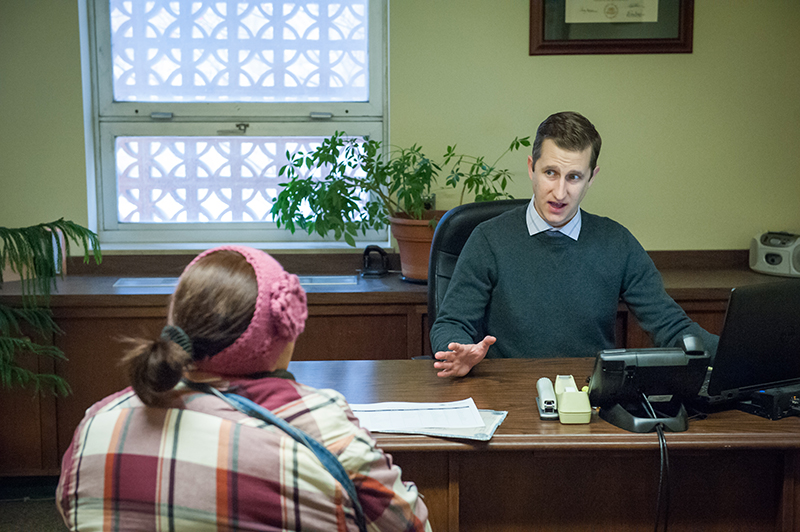
The procedural activity of the defender is regulated not only by the Federal Law "On the Bar and Advocacy", but also by Article 86 of the Code of Criminal Procedure.
If we turn to the current norms of the Code of Criminal Procedure, we can see that the lawyer is entitled to collect evidence. Nevertheless, in practice, such powers of a defender are rather difficult to realize. Indeed, in order for the information received by the lawyer to become evidence, it is necessary that they be attached to the case by the investigating authorities or the court. Otherwise, the work done by the latter will be simply meaningless.
The defense attorney is entitled to collect evidence by:
- receipt of objects, information and documents (exactly how this right of a defender is exercised in this case is not established by law);
- conducting a survey of persons with their consent (in this case, it should be understood that a lawyer can only offer citizens who have any information on the case to talk with him, if the latter refuse, he does not have the right to force them to conduct a survey);
- requesting certificates, documents, characteristics and their copies from state authorities or local self-government.
The main thing
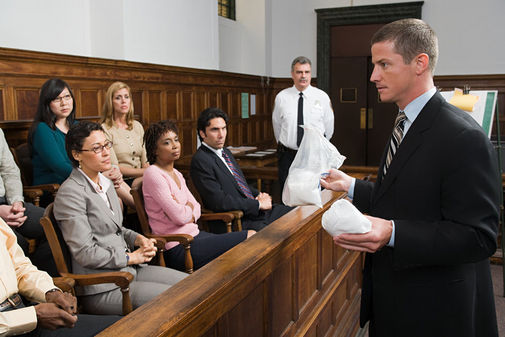
A lawyer must always carry out his work honestly and in good faith and in no case neglect the rules of law. After all, the fate of his principal will depend on how well he does his work. Therefore, if a person is innocent of a perfect act, the defender must do everything to ensure that his client is acquitted, and then completely rehabilitated.
In the event that the accused pleads guilty to the crime, the lawyer must do everything to ensure that his client receives a shorter prison term or escapes with a milder sentence. This is the professionalism of every self-respecting competent lawyer.
Addition
However, not all people are aware of what is the responsibility of a lawyer. So, first of all, the defender must keep the lawyer secret and not tell anyone about what he learned in connection with the provision of assistance to his client.
The lawyer's primary duty is to honestly, conscientiously and reasonably uphold the interests of the client. It is also necessary to say that the law gives the defender the right to collect evidence that would help build a good line of defense for the principal. To do this, the lawyer can make requests to state authorities and local governments.
One of the methods
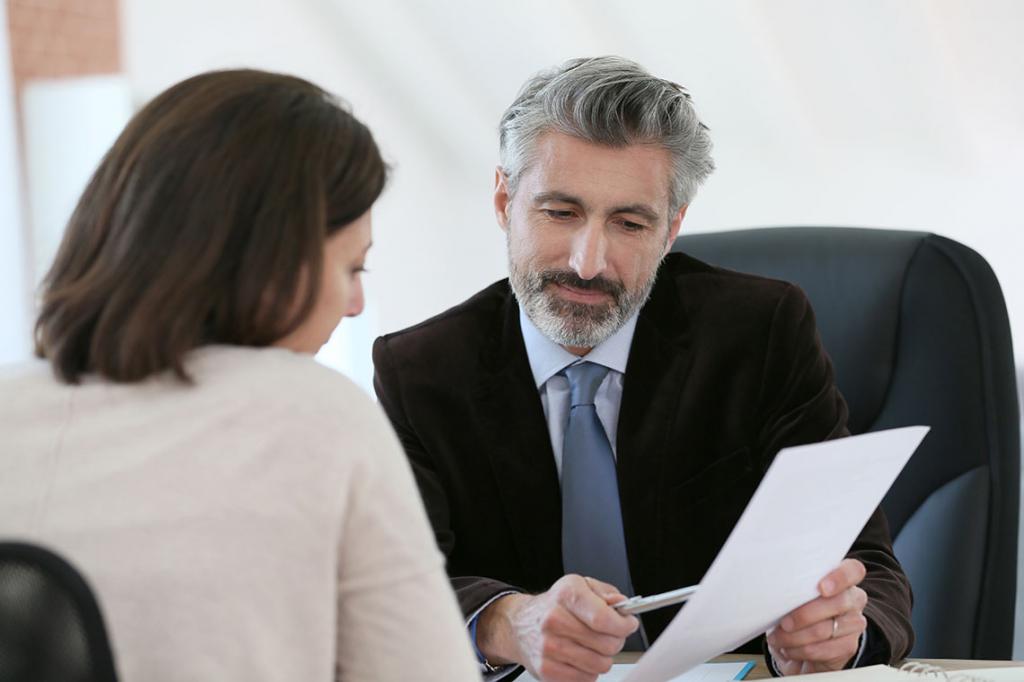
The defense counsel has the right to collect evidence by conducting a confidential conversation with persons who own any information on the case. Most often, lawyers try to establish contact both with the victim himself and with witnesses from the prosecution. After all, when familiarizing himself with the case materials, the defender is allowed to make extracts and copies of the sheets from it, and therefore to find out information about all the citizens who testified to the investigator.
Most lawyers resort to this method only in a situation where any contradictions are visible in the case and it is necessary to clarify the details of what this or that witness saw.
Especially important

A lawyer may conduct a survey of persons with their consent. In the event that a citizen is against communicating with a lawyer, the latter cannot insist that a person necessarily answer questions from a lawyer. This is not permitted by law.
Moreover, it must be said that the conduct of a survey by an advocate of people who have some important information on the case is considered one of the ways to gather evidence. This does not contradict the ethics of a lawyer and procedural standards.
It is also necessary to say that the defense lawyer cannot offer the person with whom he had a conversation to change his testimony at the hearing in order to prove the innocence of his client. This must be remembered.
The procedure for demanding documents

Earlier it was noted that the lawyer has the opportunity to make inquiries to state bodies and the local administration to obtain various certificates and characteristics necessary for him to successfully protect the interests of the client. Nevertheless, in practice, he often receives a refusal from the competent authorities to provide specific information.
In order for a lawyer to request any documents from a certain organization, he needs to prepare an official lawyer's request. The competent authorities are obliged to provide information to the latter no later than a month after receiving this document from a person engaged in advocacy. This does not apply to information constituting a state, commercial or official secret. Because the lawyer is not included in the list of those who are allowed to provide this information.
a brief description of
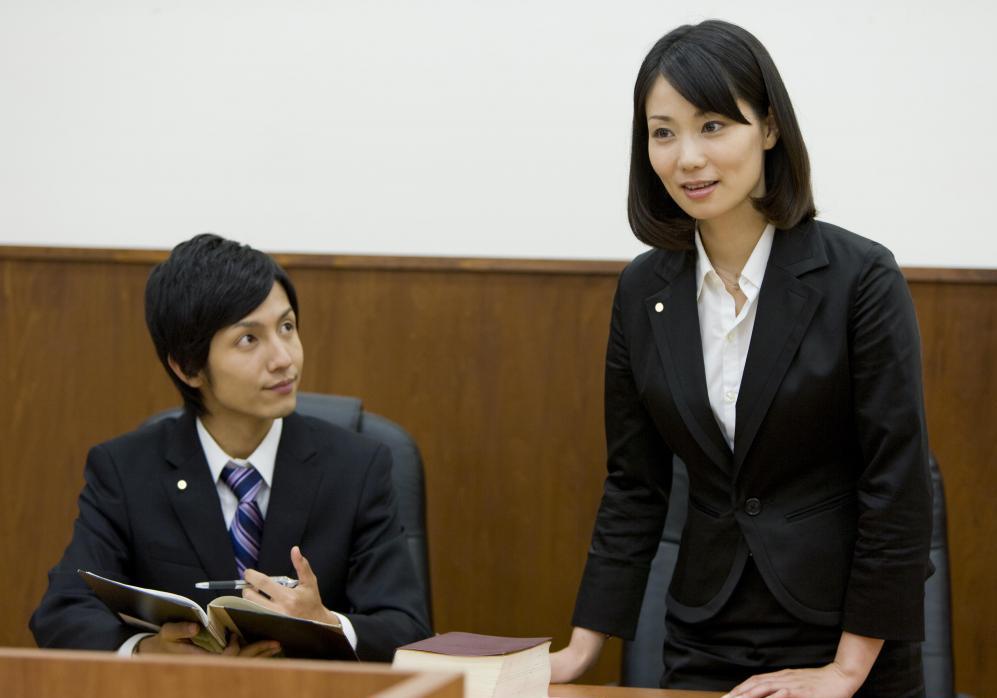
The defender has the right to collect evidence by communicating with citizens who have information about the committed act and, possibly, are witnesses in the case. In addition, the latter may request documents from authorities and organizations that are required to provide them upon a lawyer's request.
Nevertheless, the meaning of the law that the defender is entitled to collect evidence by obtaining items is not entirely clear. This is very perplexing for most criminal law professionals. Indeed, when familiarizing himself with the case materials, the defender has the opportunity to familiarize himself with all the material evidence available in the materials presented. But this does not mean that he can personally get one of them in order to later use it to protect his client in court.
In addition, if the lawyer finds an object at the place of the committed act and decides to use it as evidence confirming the innocence of the client, then the lawyer will need to ensure that the object is attached to the case by the investigation or court. Otherwise, the lawyer will not succeed.Thus, the collection of evidence in criminal proceedings is the responsibility of the preliminary investigation authorities and the court. The lawyer, in turn, can only get permission from the investigator or the justice to attach his information to the case file.
Value
Here I would like to say what role the defender plays in criminal proceedings. Is it possible for an alleged attacker to do without the help of a competent and qualified lawyer? Of course not. Moreover, the accused does not need to agree to the assistance of a public defender if he has the opportunity to hire a good lawyer. It is very important. After all, the public defender is always on the side of the investigation. He does not need to make special efforts in order to protect his client and receive money for this from the client. After all, he will receive his salary from the state in any case.
Attorney in criminal proceedings plays a very important role. After all, with a properly built line of defense, a competent lawyer can easily destroy the charge against the client.
Moreover, one should not forget that an honest and conscientious lawyer always uses his methods of collecting evidence. He does not need to indicate where to turn and what to do in order to obtain the necessary information for the successful conduct of the case and to defend the interests of the client in court.
If the accused from the very beginning cannot completely trust his lawyer, this means that he will have to look for another defense counsel. Otherwise, a successful completion of the case can not be expected.
Conclusion
So, in the process of the foregoing, it became clear that at present the defense counsel is vested with the right to collect evidence that is necessary for him to defend the interests of the client in court. Nevertheless, by virtue of his status, a lawyer cannot carry out these actions on a par with law enforcement agencies.
In addition, the entire process of collecting evidence is the responsibility of the investigation, prosecution and the court. In turn, the lawyer can obtain only some information he needs to protect and try to attach it to the case. Only for this you need to get the approval of the investigator or the court.
Participants in the defense, including witnesses, should only give true testimony. Indeed, the outcome of the whole case will depend on the information presented, and the fate of the accused will be decided.
